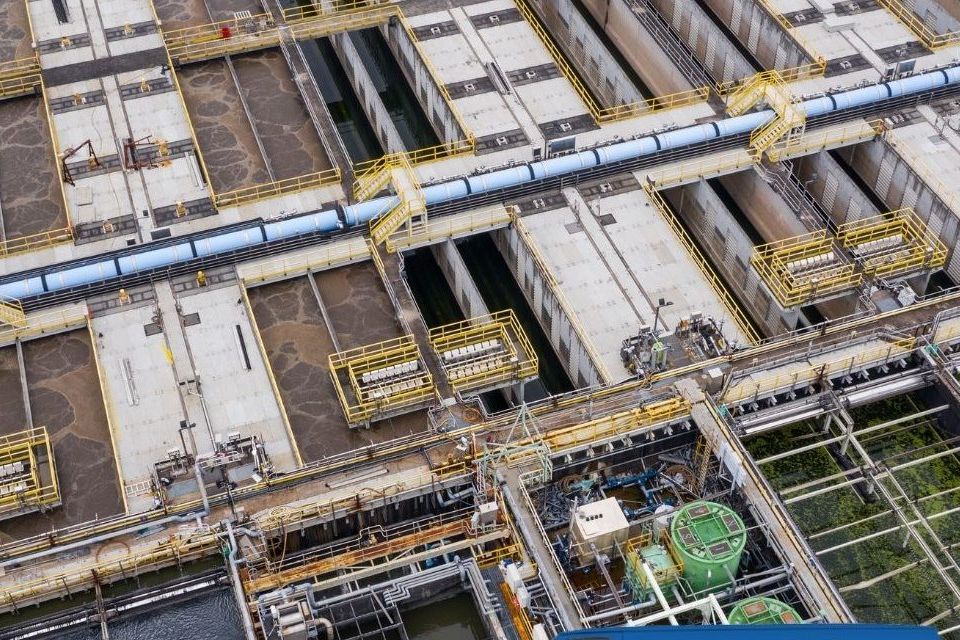What are the types of Sewage Systems?
Sewage systems collect domestic sewage from urban dwellings, institutions, and companies and transport it to a treatment facility or disposal point, where sewage is collected and disposed of.
However, you must give great attention to your sewage system to avoid high repair costs, pollution, and contamination, which may threaten health. Call Rooter360 now!
Read more:
How do home drainage systems works?
Various Types of Sewage System
Your first impression of sewage is likely to be that of an unpleasant, smelly substance coursing beneath the street, but the sewage system goes beyond that. There are various ways to dispose of trash or wastewater, each with its function.
Combined sewers, storm sewers, and sanitary sewers are essential, dependable, and types of sewage systems.
Sanitary Sewage System
Waste from houses and business offices is transported to wastewater treatment plants through sanitary sewers. These systems are specifically built to handle human waste and easily degradable manufactured solids, such as toilet paper. Many miles of piping, maintenance holes, and pumping stations are used to move waste through these systems designed to handle sewage.
How Sanitary Sewage System Works
Human waste is transported to the main sewer line by increasingly large pipes beginning within the residence and eventually exiting outside. A wastewater treatment facility treats and returns the wastewater safely to the environment once it is carried there for treatment.
Storm Sewage System
Sewage collectors, also known as surface or runoff sewers, are installed in parking lots, streets, and gutters to collect rainwater, snowmelt, and irrigation runoff. These drains are linked together by a network of underground pipelines, which transport the water directly to nearby bodies of water without the need for treatment.
How Storm Sewage System Works
In contrast to the sanitary sewer, the storm sewer transports trash to a treatment facility discharges untreated runoff water directly into our environment. We have no control over what happens to the water that flows down that storm drain once it leaves the storm drain.
Combine (Integrated) Sewage Systems
Sewage systems combined with sewer systems (CSUs) incorporate the best features of sanitary and storm sewage systems. Typically, they are seldom used because of their possible health and environmental dangers.
How Combine Sewage System Works
A combined sewage system gives perfect operation by collecting rain and snow water in a pipe and then putting human waste in the same conduit. Then pump these mixed wastes to a treatment plant, safely returning them to the environment in an ideal way.
Untreated wastewater then enters the environment if these systems back up or overflow due to heavy rain or flooding. People’s health is in jeopardy because diseases and contaminants may result from this method.
Avoid high maintenance costs with consistent serving and repairs of your sewage systems. Sewage Systems repair may be costly but must be handled quickly by a local, licensed, and competent contractor who will serve to your satisfaction.
Are you in need of sewage services in Florida? Call Rooter360, a South Florida sewage system service specialist. Call us now and experience first-class services.


